On February 23, Reuters quoted US Deputy Secretary of the Treasury Wally Adeyemo as saying that Washington will impose sanctions on more than 500 Russian individuals and entities. This move is to demonstrate the US's steadfast stance on the crisis in Ukraine as the conflict is about to enter its third year.
The new sanctions will be implemented in cooperation with allied countries and will target Russia's military-industrial complex and companies in third countries that facilitate Russia's access to the goods it wants, Adeyemo said.
“On February 23, we will issue hundreds of new sanctions against Russia, and it is important that these sanctions are not only implemented by the United States,” Mr. Adeyemo emphasized.
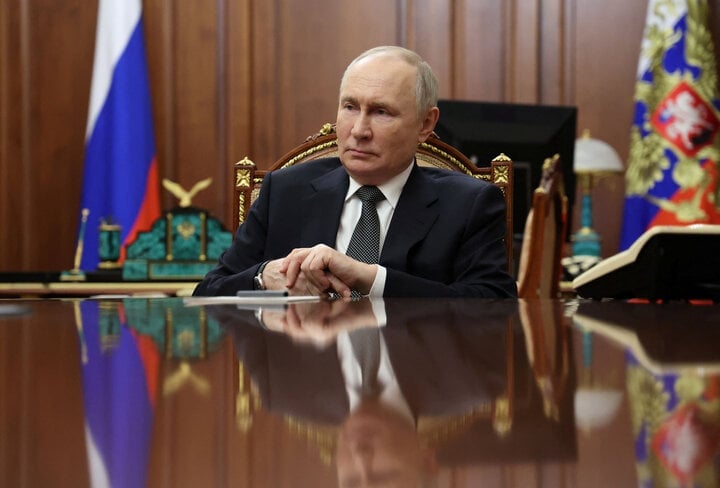
The US sanctions against Russia will add 500 individuals and entities linked to Moscow to the sanctions list. (Photo: Reuters)
The latest sanctions are just part of thousands of sanctions against Moscow announced by the US and its allies after Russia launched a special military operation. After two years of conflict, both sides have lost tens of thousands of lives and many cities have been destroyed.
The new penalties come as the US and its allies seek to maintain pressure on Russia, despite doubts over whether the US Congress will approve additional security assistance to Kiev.
The administration of US President Joe Biden has run out of funds to spend on additional aid to Ukraine and can only count on the support of the US Congress for an additional military aid package.
“Sanctions and export controls will slow down Russia’s development, making it more difficult for them to continue the war in Ukraine,” Adeyemo added. He also said that sanctions cannot strengthen Ukraine and the US Congress must act to provide Ukraine with the resources and weapons it needs.
Experts warn that sanctions are not enough to deter Moscow's attacks.
“What Congress does to pass additional military aid to Ukraine will be more significant than anything else they can do on the sanctions front,” said Peter Harrell, a former National Security Council official.
The Russian economy has been hit by sanctions, shrinking by 2.1% in 2022, the finance ministry said in December.
The size of the Russian economy is 5% smaller than previously estimated, Rachel Lyngaas, an economist, said on the US Treasury website.
However, the Russian economy still performed above expectations, with the International Monetary Fund (IMF) forecasting Russia's GDP to grow by 2.6% in 2024 after a solid 3.0% growth in 2023.
However, IMF spokeswoman Julie Kozack said on February 22 that “it is clear that Russia is now in a war economy,” with military spending fueling weapons production, government social benefits fueling consumption, and inflation rising while other areas are falling.
Source


![[Photo] Prime Minister Pham Minh Chinh chairs conference on anti-smuggling, trade fraud, and counterfeit goods](https://vphoto.vietnam.vn/thumb/1200x675/vietnam/resource/IMAGE/2025/5/14/6cd67667e99e4248b7d4f587fd21e37c)










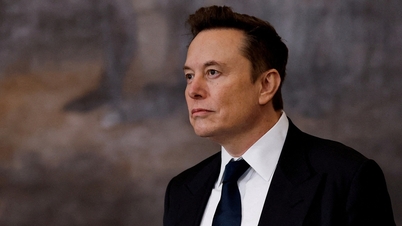
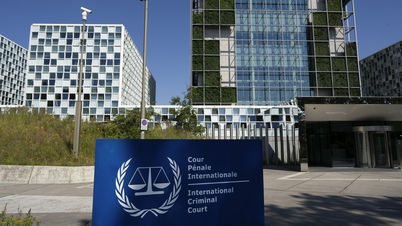
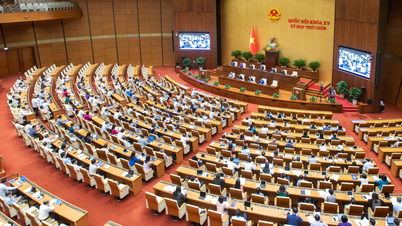
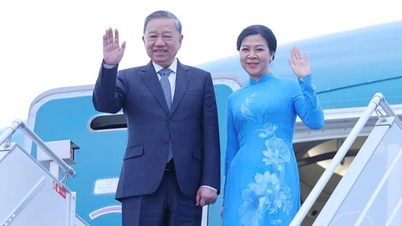

















































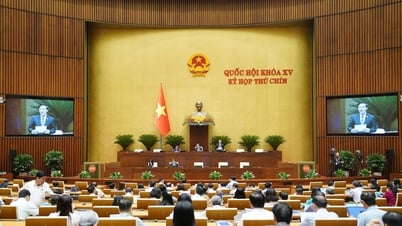








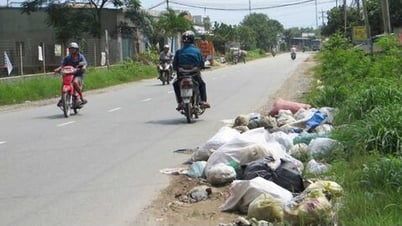

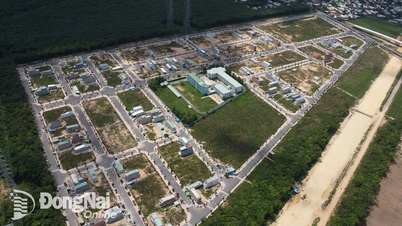

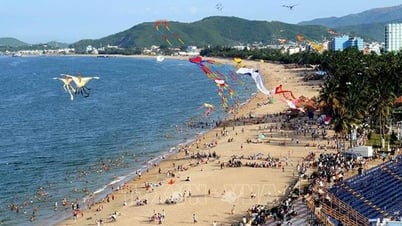















Comment (0)